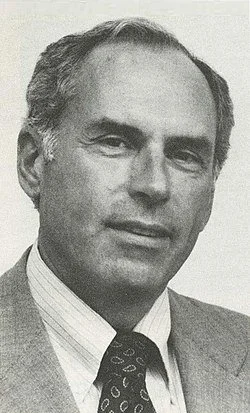AI Reality: Are we hyped or enlightened?
"What if we're not in the hype… but in enlightenment?"
In the 1970s, scientist and futurist Roy Amara proposed a concept often dubbed the "hype cycle". He posited that:
““We tend to overestimate the effect of a technology in the short run and underestimate the effect in the long run”.”
Roy Amara, courtesy of Wikipedia
This insightful observation suggests that new technologies follow a predictable pattern of public visibility over time.
Initially, a new technology emerges, attracting immense attention and sparking an explosion of hype. We hear grand claims:
"It can do everything, for everyone across the world at 0 cost… all your problems solved, quit your jobs, embrace peace and let’s usher in the new era".
Amara’s Law
This sounds familiar, doesn't it? From self-driving cars to air fryers, we've seen this cycle repeat. Amara termed this the 'peak of inflated expectations'. The inevitable disappointment sets in when reality bites – we still have to work, self-driving cars are not yet ubiquitous, and an air fryer, while useful, is just a small oven.
This disappointment leads us into what Amara dramatically called the 'trough of disillusionment'. Here, the technology is often dismissed or even criticised loudly. However, the true innovators, those who never bought into the initial hype, continue their work in the background. For them, this "overnight explosion" of focus has been a long time coming.
These innovators focus on finding real applications and solving persistent problems with the technology. Slowly, the technology re-emerges into public consciousness through viable use cases, rising once more in the 'slope of enlightenment' until it eventually reaches and maintains a 'plateau of productivity'.
This narrative is timeless. Yet, here’s the crucial question: where are we now with AI? This isn't AI's first "hype cycle". It has seen periods of intense focus since the 1950s, 70s, and 90s, applied to everything from mastering board games to identifying cancer.
So, are we merely in another hype cycle, or are we finally beginning to grasp the true, transformative potential of what we've been experimenting with?

